Exploring the great outdoors through hiking can be an exhilarating and rewarding experience.
Whether you’ve just completed a challenging mountain trek or a leisurely stroll through the woods, post-hike recovery is just as important as the hike itself.
In this article, we’ll explore what to do after hiking to help you recover, relax, and make the most of your hiking experience.
Contents
1. Hydrate and Refuel
After a hike, your body may be dehydrated and in need of nourishment.
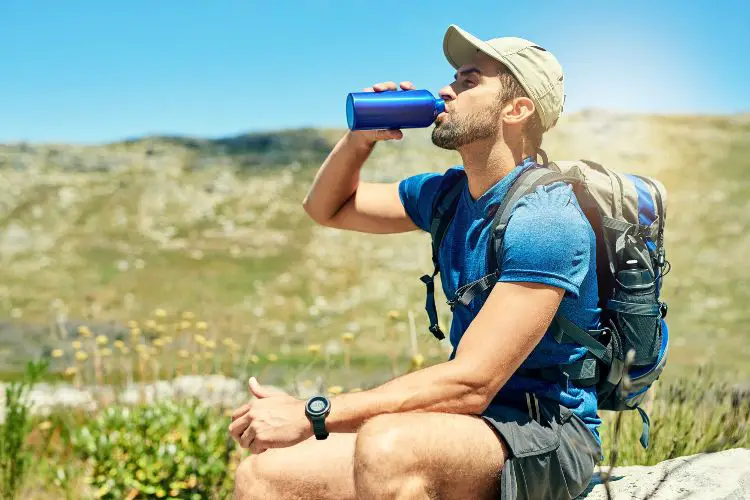
Drink plenty of water to rehydrate, and consider consuming a balanced meal or snack to replenish the calories burned during your hike.
Incorporating protein, carbohydrates, and healthy fats into your post-hike meal can aid in muscle recovery.
2. Stretch and Cool Down
Hiking can be physically demanding, and your muscles may be tight and fatigued after a long hike.
Spend some time stretching to improve flexibility and reduce the risk of post-hike soreness.
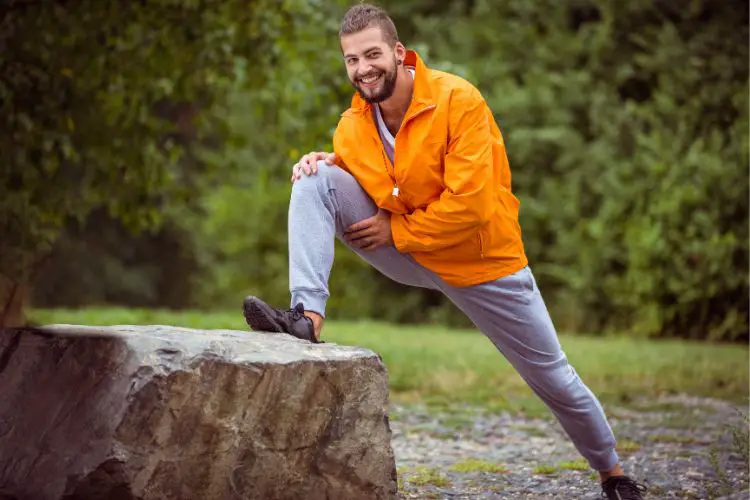
Focus on stretching your legs, back, and shoulders. Gentle yoga poses like downward dog, child’s pose, and seated forward bends can be particularly beneficial.
3. Rest and Relaxation
Rest is crucial after any physical activity, and hiking is no exception.
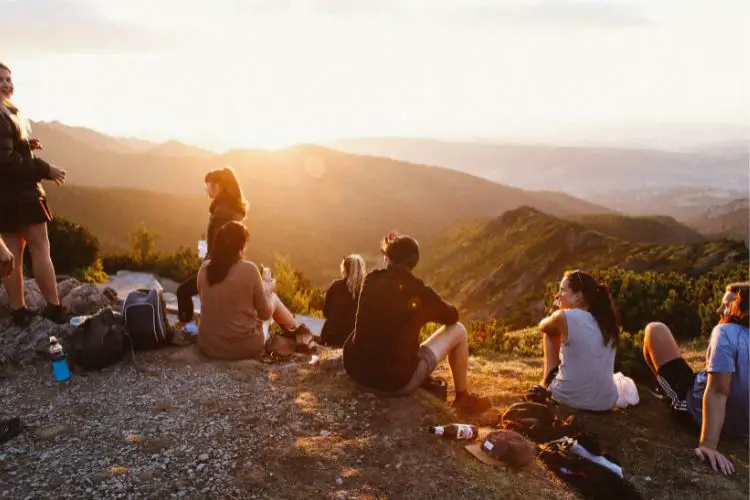
Find a comfortable spot to sit or lie down, close your eyes, and take a few moments to relax. Deep breathing exercises can help you unwind and alleviate stress.
This quiet time in nature can be just as enjoyable as the hike itself.
4. Change Out of Hiking Gear
Once you’ve completed your hike, change out of your hiking boots and clothing as soon as possible.
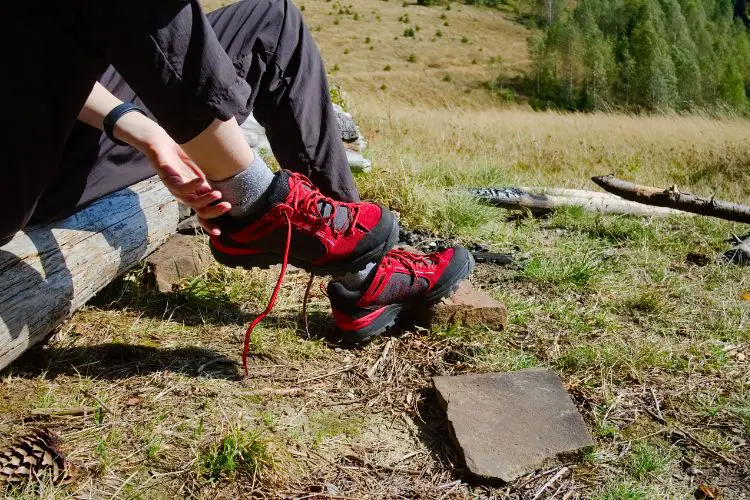
This not only helps you stay comfortable but also prevents blisters and skin irritations.
Clean, dry clothes can make a world of difference in how you feel after a hike.
5. Inspect for Ticks and Injuries
It’s essential to check your body for ticks, scrapes, or any injuries after a hike.
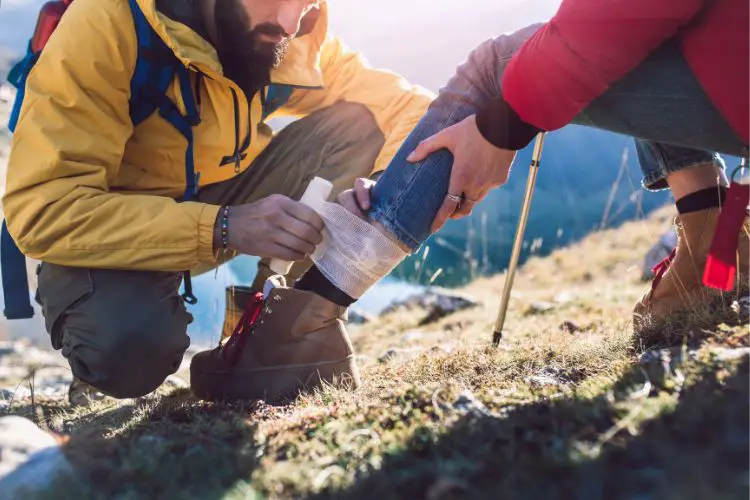
Ticks can transmit diseases, so carefully inspect your skin and clothing. Clean and disinfect any cuts or scrapes to prevent infection.
Being proactive about your health is crucial when spending time outdoors.
6. Enjoy a Post-Hike Meal or Snack
After replenishing your fluids, it’s time to enjoy a satisfying meal or snack.
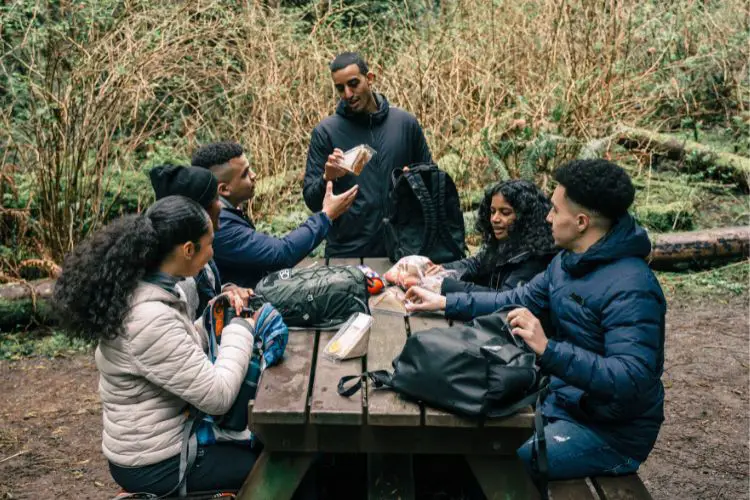
Opt for foods that provide a mix of nutrients, such as a turkey and avocado sandwich, a hearty salad with grilled chicken, or a bowl of oatmeal with fruit and nuts.
Eating well after a hike not only aids recovery but also keeps your energy levels up.
One of the joys of hiking is sharing your adventure with others.
Whether you hiked alone or with friends, take some time to reflect on your journey.
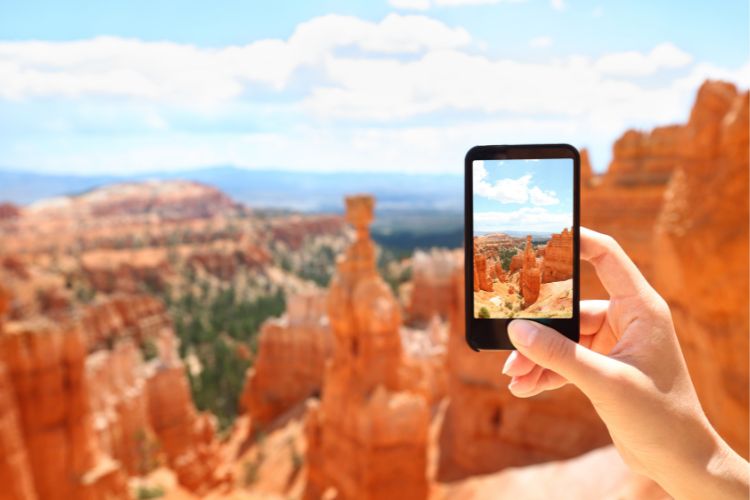
Share stories, photos, and experiences with friends and family. It’s a great way to relive the adventure and inspire others to explore the great outdoors.
8. Plan for Your Next Hike
As you unwind from your current hiking adventure, start planning for your next one.
Research new trails, destinations, and challenges that pique your interest.
Setting future hiking goals can be incredibly motivating and provide you with something to look forward to.
Related Questions
How do I get energy after hiking?

To regain energy after hiking, focus on hydration and nutrition. Drink plenty of water to rehydrate, and eat a balanced meal or snack that includes carbohydrates, proteins, and healthy fats.
Foods like fruits, nuts, and whole grains provide a good mix of nutrients to restore your energy levels.
Additionally, getting a good night’s sleep is crucial for overall recovery and energy restoration.
Should I rest the day after a hike?
Yes, it’s generally a good idea to rest the day after a hike, especially if it was a strenuous one.
Rest allows your body to recover, reduces the risk of overuse injuries, and helps alleviate muscle soreness and fatigue.
How long should I rest after a hike?
The amount of rest you need after a hike depends on several factors, including the hike’s intensity and your fitness level.
A common guideline is to take at least one day of rest or light activity, such as gentle stretching or a short walk, the day after a strenuous hike.
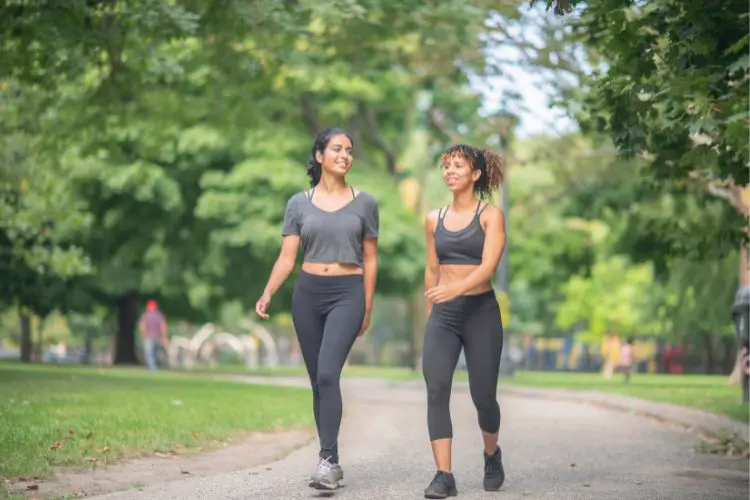
However, listen to your body; if you still feel fatigued or sore, consider taking more rest days.
It’s essential to allow your body the time it needs to recover fully, which can vary from person to person and hike to hike.
Should I stretch after hiking?
Yes, stretching after hiking is a beneficial practice. It helps improve flexibility, reduce muscle tension, and can alleviate post-hike soreness.
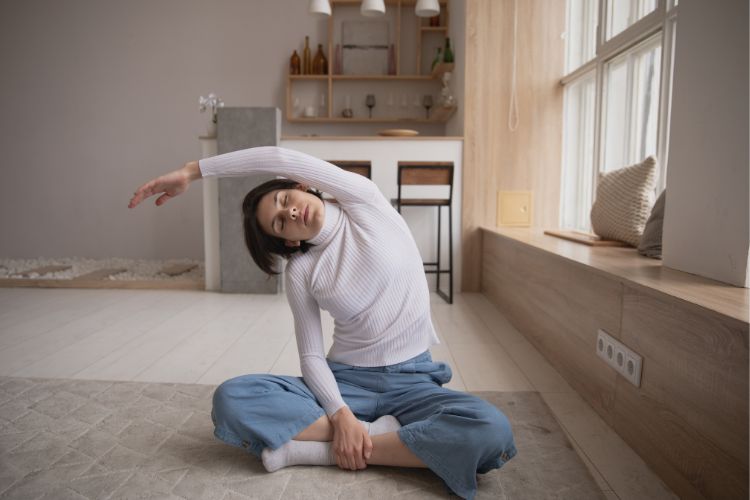
Focus on stretching major muscle groups, such as your legs, back, and shoulders. Stretching can enhance your overall recovery and keep your muscles in good condition for future hikes.
Is it OK to take a bath after hiking?

Yes, taking a bath after hiking is not only okay but often recommended.
A warm bath can help relax sore muscles, remove sweat and dirt, and promote overall relaxation.
It’s an excellent way to unwind and refresh your body after a strenuous hike.
Is it better to take a cold or hot shower after hiking?

Whether to take a cold or hot shower after hiking depends on personal preference and how your body reacts to temperature changes.
Generally, a warm shower is more soothing and can help relax muscles, while a cold shower can be refreshing and reduce post-hike swelling.
Some hikers even opt for contrast showers, alternating between hot and cold water for therapeutic benefits. Opt for the water temperature that provides the most comfortable bathing experience for you.
Is sauna good after hiking?

Saunas can be beneficial after hiking, but it’s essential to use them with caution.
Saunas can help relax muscles, improve circulation, and promote detoxification through sweating. However, make sure you are well-hydrated before entering a sauna, as hiking can lead to dehydration.
Limit your time in the sauna and listen to your body; if you feel lightheaded or uncomfortable, exit the sauna immediately.
Always follow safety guidelines and consult with a healthcare professional if you have any underlying health conditions before using a sauna after hiking.
Conclusion
Hiking is a wonderful way to connect with nature and stay active, but it’s equally important to prioritize your post-hike recovery.
By following these tips on what to do after hiking, you can ensure a smoother and more enjoyable experience.
Remember that post-hike relaxation and self-care are as much a part of the adventure as the hike itself.
So, after you’ve conquered those trails, take a moment to relax, recharge, and appreciate the beauty of the natural world around you.

